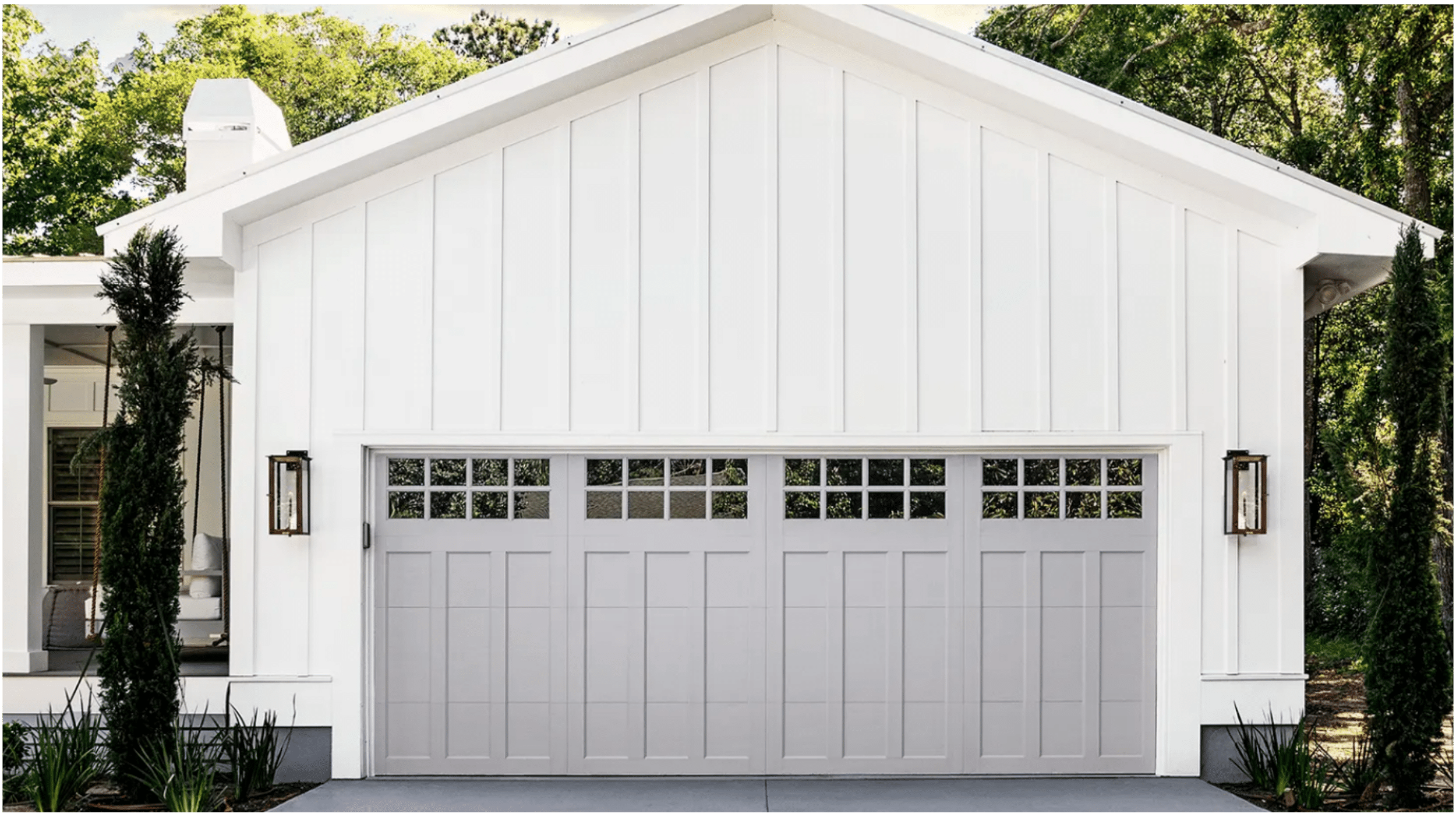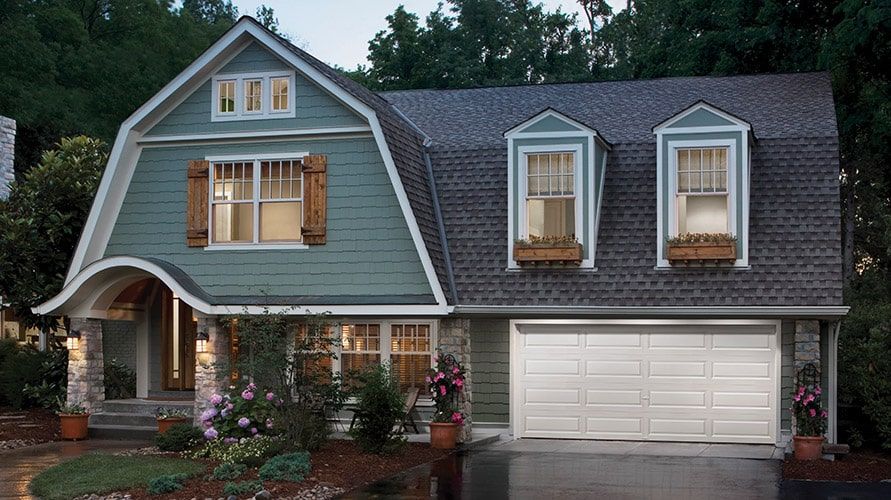Energy Efficiency and Your Garage Door: What Every Homeowner Should Know
 When homeowners think about energy efficiency, their minds often go straight to windows, insulation, or HVAC systems. But there’s another major player that’s easy to overlook: your garage door. Whether your garage is attached or detached, the door itself can have a significant impact on your home’s overall comfort, energy usage, and utility costs.
When homeowners think about energy efficiency, their minds often go straight to windows, insulation, or HVAC systems. But there’s another major player that’s easy to overlook: your garage door. Whether your garage is attached or detached, the door itself can have a significant impact on your home’s overall comfort, energy usage, and utility costs.
Here’s what you need to know about how your garage door affects energy efficiency and what you can do to improve it.
Why Your Garage Door Matters for Energy Efficiency
Your garage may not be a living space, but it still plays a major role in your home’s thermal envelope, especially if it’s attached to your house. In many homes, garages are connected directly to kitchens, hallways, or utility rooms. When the garage heats up in the summer or loses heat in the winter, that temperature difference can transfer into the main home, forcing your heating and cooling system to work harder.
Even detached garages can benefit from improved energy efficiency. If you use your garage for hobbies, storage, or as a workspace, a better-insulated door can make the space more comfortable and reduce your need for portable heaters or fans.
Insulation: A Key Factor
The biggest driver of garage door energy performance is insulation. Garage doors are available in a range of insulation levels, typically measured by R-value, which indicates resistance to heat flow. A higher R-value means better insulation and greater energy efficiency.
Here’s a quick breakdown:
- Uninsulated doors: Usually just a single layer of metal or wood. These offer little to no insulation and are best suited for detached garages that don’t require temperature control.
- Insulated doors (2-layer or 3-layer): These feature layers of steel or aluminum with polyurethane or polystyrene foam in between. These types help regulate temperatures more effectively and reduce energy transfer between your garage and your home.
If energy efficiency is a concern—and it should be—investing in an insulated garage door is one of the best upgrades you can make.
Weather Sealing and Draft Protection
Even the most insulated garage door won’t perform well if it’s not sealed properly. Air leaks around the edges of the door can let drafts in and let conditioned air escape, undermining your efforts to improve efficiency.
Proper weatherstripping along the bottom, sides, and top of your garage door helps seal out cold air, hot air, and moisture. Over time, weather seals can crack, flatten, or break away entirely, so it’s important to inspect them regularly and replace them as needed.
Benefits of an Energy-Efficient Garage Door
Upgrading to an energy-efficient garage door offers multiple long-term benefits:
- Lower utility bills: Reducing temperature swings in your garage lightens the load on your HVAC system.
- Improved indoor comfort: Adjacent rooms won’t experience as much heat gain or loss from the garage.
- Better durability: Insulated garage doors tend to be stronger and more resistant to dents and warping.
- Quieter operation: Many insulated doors help dampen vibration and reduce noise during operation.
- Increased resale value: Energy-efficient features are a plus for potential buyers.
When to Consider a Garage Door Replacement
If your current garage door is more than 15–20 years old, uninsulated, or showing signs of wear, it may be time to consider a replacement. Newer models offer superior insulation, tighter seals, and modern technology that helps your entire home perform better.
Not sure if your door is energy-efficient? A professional can inspect your current setup, identify weak spots, and recommend upgrades that match your home’s needs and climate.
Choose a Residential Garage Door for Your Home
Energy efficiency isn’t just about what’s inside your home—it’s about the entire structure, including the garage. A well-insulated, properly sealed garage door can make a noticeable difference in comfort and cost over time. Whether you’re building a new home or upgrading an existing one, don’t overlook the value of a garage door that works with your energy goals, not against them.
Interested in upgrading your New Jersey home’s garage door for a more energy-efficient option? Reach out to Hunter Door today to get started.
We Have A Garage Door Specialist Ready To Find Your Answer!




Free Estimate
Estimate Request
"*" indicates required fields
Reliable, local professionals ready to solve your garage door problems. Need Immediate help? Call 856-431-3952.


